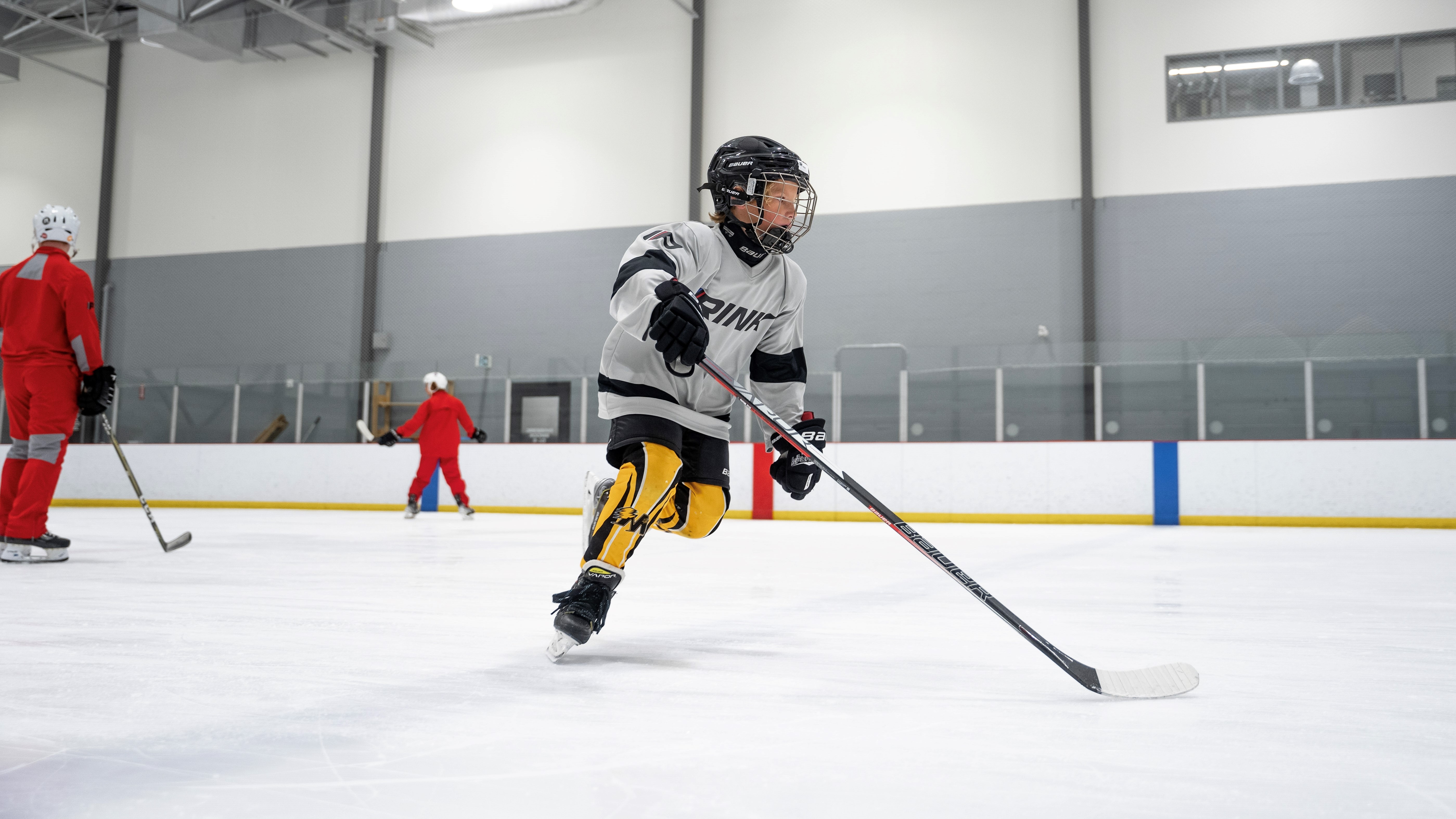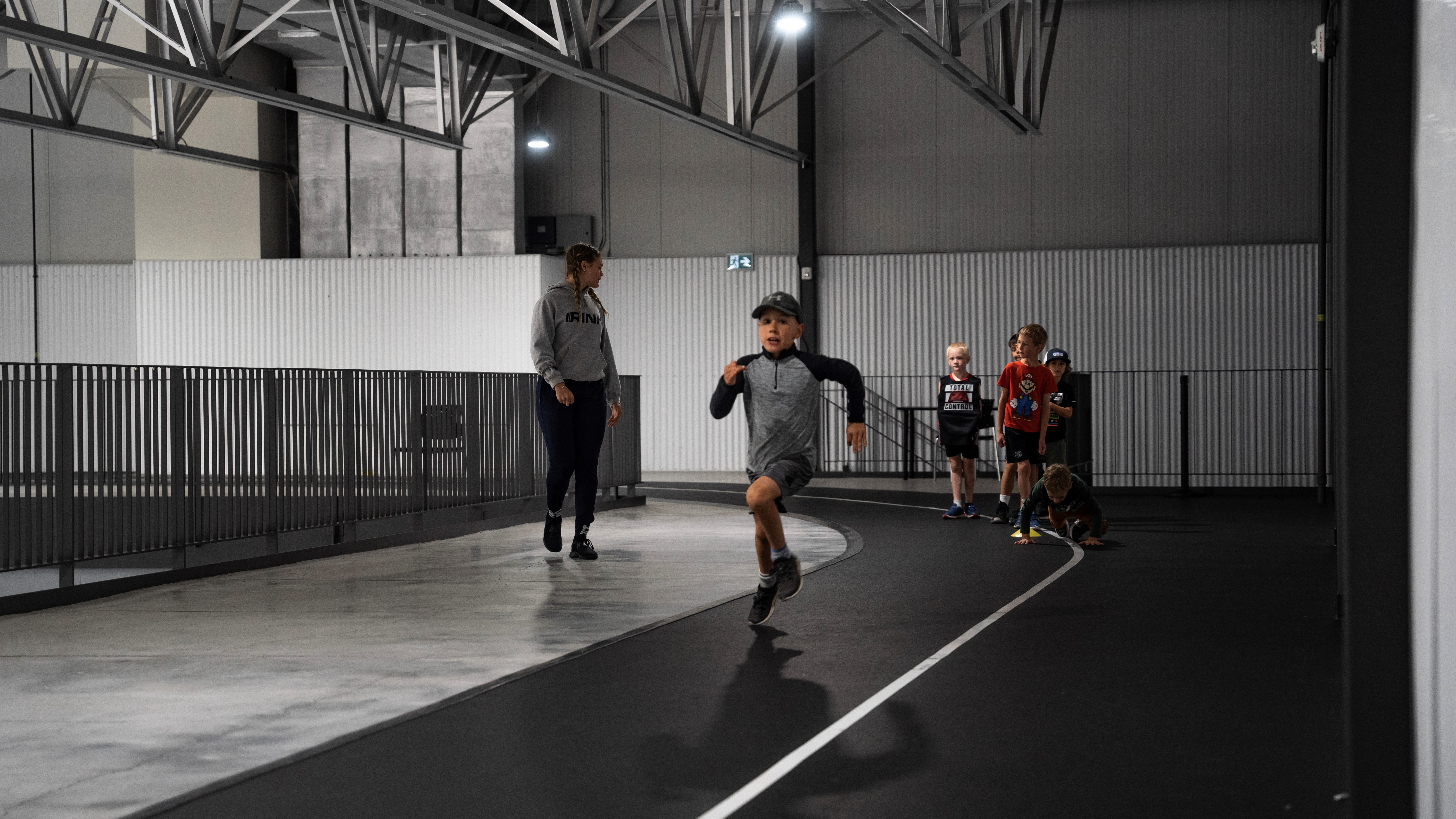The two most common questions we hear from young hockey players and new clients are:
- What is skill development?
- Why is it important to me as a hockey player?
Here at RINK, skill development is at the core of what we deliver hockey players and goalies from 3 years old to the NHL. In our world, skill development refers to the process of improving a various aspects of a player's abilities and techniques in the sport of hockey. It is important for hockey players to focus on skill development because it can help them become more effective and successful on the ice, boost their confidence in their abilities, and allow them to better execute plays and strategies during games. It is especially important for young players to focus on skill development as they grow and improve as players. By continually working on their skills, players can reach their full potential and achieve their goals in the sport.
As a hockey player, skill development is crucial to your success on the ice. It is the process of improving your abilities and techniques in the sport, and it is something that you should be actively working on throughout your career. In this blog, we will explore the importance of skill development for hockey players and provide some tips on how you can continue to improve your skills.
The Pillars of Skill Development
- Power Skating: Improving a player's stride, balance, and agility on the ice.
- Shooting: Improving the power, accuracy, and quick release of a player's shot.
- Puck Control: Improving a player's ability to handle the puck in tight spaces and under pressure.
- Battle & Compete: Battling and competing in hockey incorporates body contact, puck protection, effective stick work, and proper angling.
- Position Specific: Focused training in elements that make players successful in their position.
- Small Area Games: Challenges player's to think fast and develop their skill in tight situations.
- Stickhandling: Developing better control and precision with the puck.
- Passing: Developing better timing, accuracy, and vision when passing the puck to teammates.
Why is skill development important for hockey players?
There are several reasons why skill development is important for hockey players. First and foremost, it can help you become a more effective and successful player. By continually working on your skills, you will be able to execute plays and strategies more effectively during games. This can give you an edge over your opponents and help you achieve your goals as a player.
In addition to helping you perform better on the ice, skill development can also boost your confidence as a player. When you have a strong set of skills, you will feel more confident in your abilities and be able to handle any challenges that come your way. This confidence can translate into better performances and help you achieve your full potential as a player.
Finally, skill development is important for young players in particular, as it can help them grow and improve as players. As a young player, you have the opportunity to develop your skills from the ground up and set the foundation for your future success in the sport. By focusing on skill development early on, you can give yourself the best chance to succeed and enjoy the game for life.
How can hockey players improve their skills?
There are many ways that hockey players can work on their skills and continue to improve. We recommend some of the following tips below as a good place to start for skill development:
- Practice regularly: The more you practice, the more opportunities you will have to work on your skills. Make sure to set aside time for dedicated practice sessions, and try to get as much ice time as possible.
- Visual learning: Taking and watching video of either yourself or other players to use an example of how you envision yourself playing.
- Focus on specific skills: While it is important to work on all aspects of your game, you should also focus on specific skills that you want to improve. For example, if you want to improve your shooting, spend extra time practicing your shot.
- Get feedback: Seeking feedback from coaches, teammates, or trainers can help you identify areas of your game that need improvement and give you specific goals to work towards.
- Watch and learn from others: Watching experienced players and analyzing their techniques can be a great way to learn and improve your own skills.
- Use drills and exercises: Drills and exercises can be a useful tool for developing specific skills. Look for drills that focus on the skills you want to improve and practice them regularly.
At the end of the day, skill development is an important aspect of hockey for players of all levels. Whether you are a beginner or an experienced pro, there is always room for improvement and ways to continue developing your skills. By following the tips above and making skill development a priority, you can take your game to the next level and achieve your goals as a hockey player.
Frequently Asked Questions about Skill Development
Q: How much time should I spend on skill development?
A; It is important to set aside time for dedicated skill development practice, but the exact amount of time will depend on your individual goals and schedule as well as age. A good rule of thumb would be to aim for one skill development sessions per week throughout a normal hockey season and increasing the frequency in your summer training.
Q; What skills should I focus on first?
A: As a beginner, it is important to focus on developing a strong foundation of skating. As you progress, you can then focus on more advanced skills and techniques in different areas such as shooting and puck control.
Don't Forget about Off-Ice Training!
Off-ice training is an important aspect of skill development for hockey players. By incorporating off-ice exercises and training into your routine, you can work on specific skills and areas of your game that may not be as easily practiced on the ice. With our off-ice training specialists at RINK Testify Performance, you can use off-ice exercise to improve your strength, power, and endurance, which can help you skate faster and stronger on the ice. Additionally, off-ice training can help you improve your coordination, balance, and agility, which are important skills for stickhandling, shooting, and other technical aspects of the game. By including off-ice training in your skill development routine, you can give yourself a competitive edge and perform at your best on the ice.


